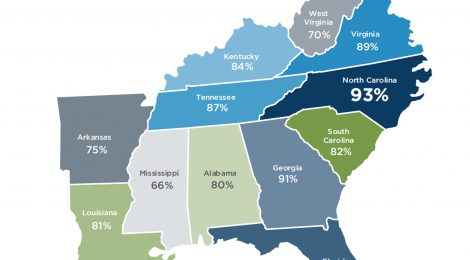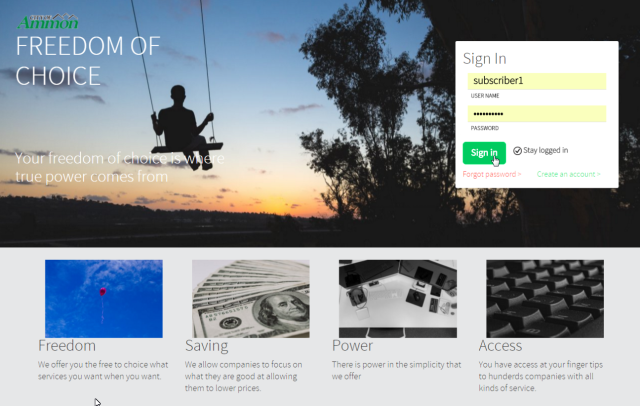The court made the correct decision to make this a local or states-right issue. This article definitely takes the position that government should compete with private enterprise, but it fails to mention that the government cannot compete fairly with private enterprise. The government does not play on the same playing field as private enterprise because they have taxes and regulations to content. Also the article does not point out the majority of broadband efforts to date have been failures leaving bondholders and taxpayers holding the bag with the debt.
Chattanooga may be the poster child of a municipal broadband success but UTOPIA is the poster child of multiple failures. Also, Chattanooga may not be the success story that all are touting but that is the subject of another post.
Continue reading






